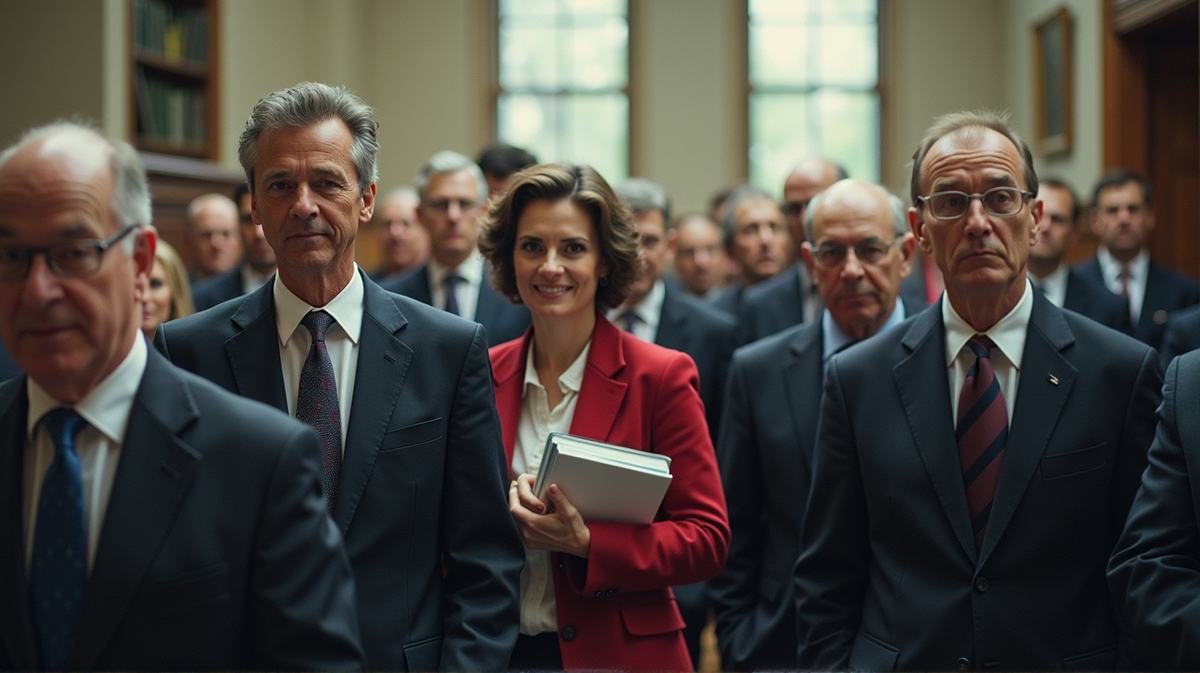Yale Professors Flee to Canada Amid U.S. Academic Crackdown

In a striking move that highlights the current political climate in the United States, three esteemed professors from Yale University have decided to relocate to Canada, marking a significant shift in the academic landscape. According to Global News, the decision is fueled by the growing tension within U.S. educational institutions under President Trump’s administration.
The Professors and Their Journey
Among those making the move are Jason Stanley, a renowned professor of philosophy, alongside husband-and-wife history scholars, Timothy Snyder and Marci Shore. These academics are heading to the University of Toronto, drawn by a need to adapt to an environment more aligned with their values of academic freedom and resistance to governmental interference.
Academic Climate in the U.S.
Stanley, who has been an outspoken critic of the current regime, expressed concerns over his family’s future in a political environment he views as increasingly authoritarian. The professor’s family history of fleeing from oppressive regimes has further emboldened his decision, reinforcing his intent to raise his children in a country upholding democratic values.
Columbia University’s Precedent
The departures follow disconcerting developments at Columbia University, where compliance with government pressures, such as limiting student protests and scrutinizing Middle Eastern studies, signaled a concerning precedent. These actions seem indicative of a broader crackdown on academic freedoms, prompting Stanley’s choice to move north.
Yale’s Response to Federal Pressure
Meanwhile, Yale’s leadership has opted for a more subdued approach, working discretely with legislators while establishing task forces to interpret and mitigate the impact of controversial executive orders. Yale President Maurie McInnis has articulated the institution’s focus on advocacy through legislative means rather than public discourse.
Conclusion
The professional relocation of these distinguished professors reflects a broader narrative of shifting tides in higher education. It poses critical questions about the future of academic expression in the face of political upheaval, as scholars weigh their options between standing ground and seeking new shores where freedom of thought prevails.




